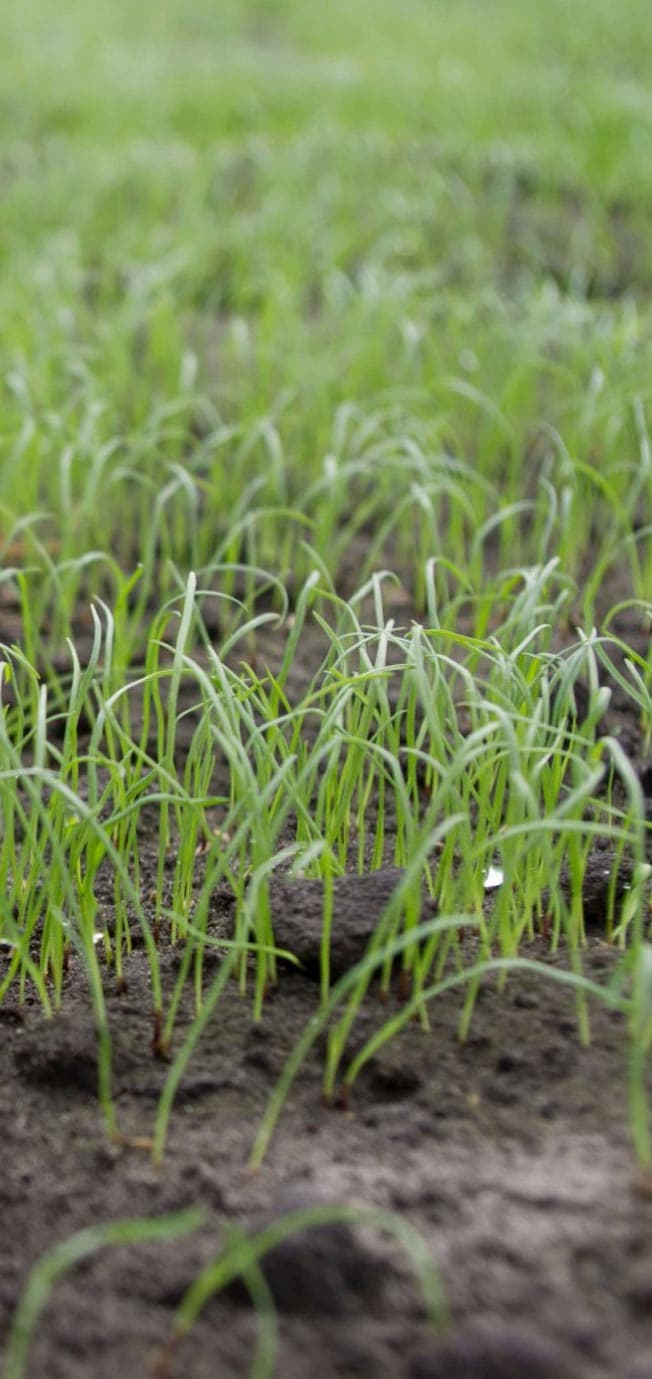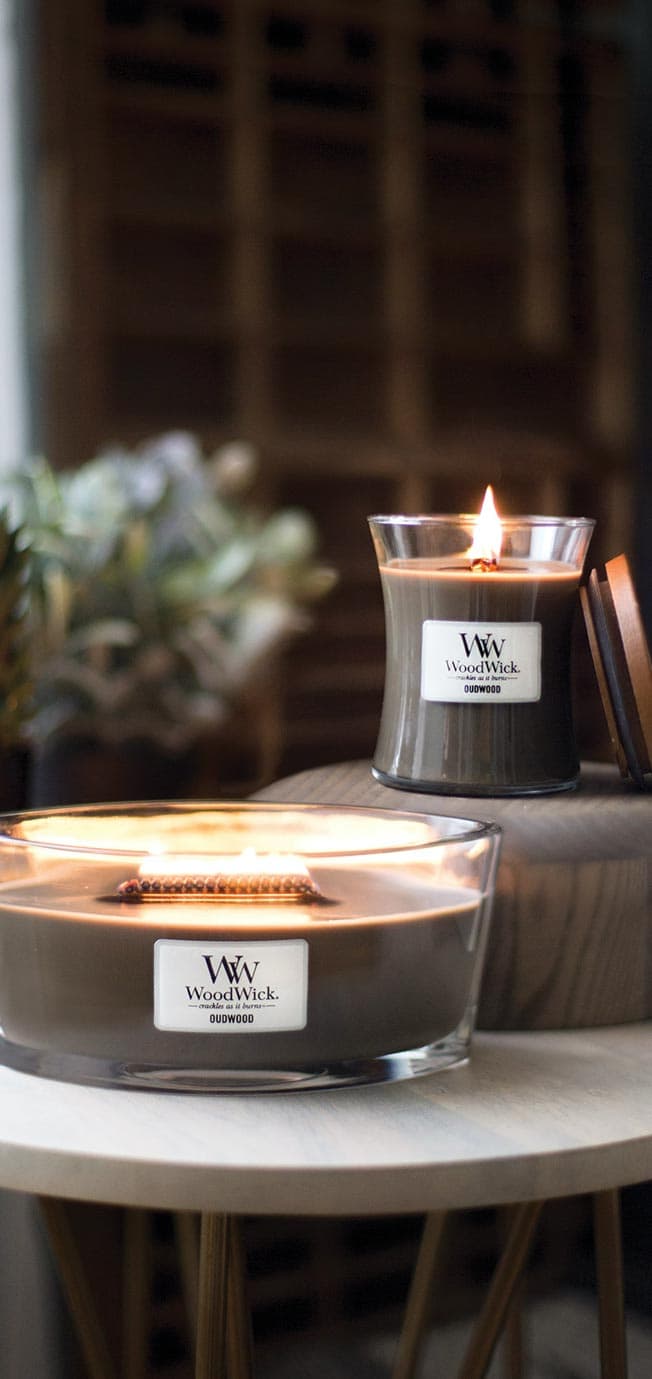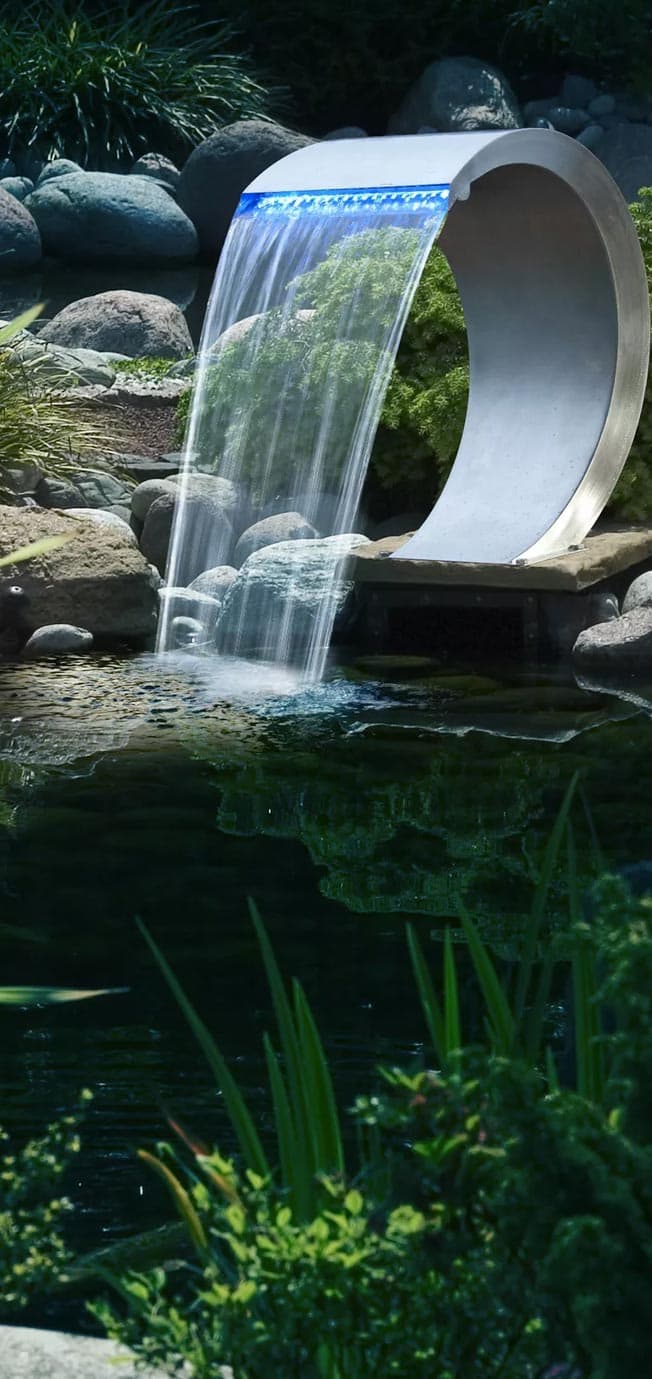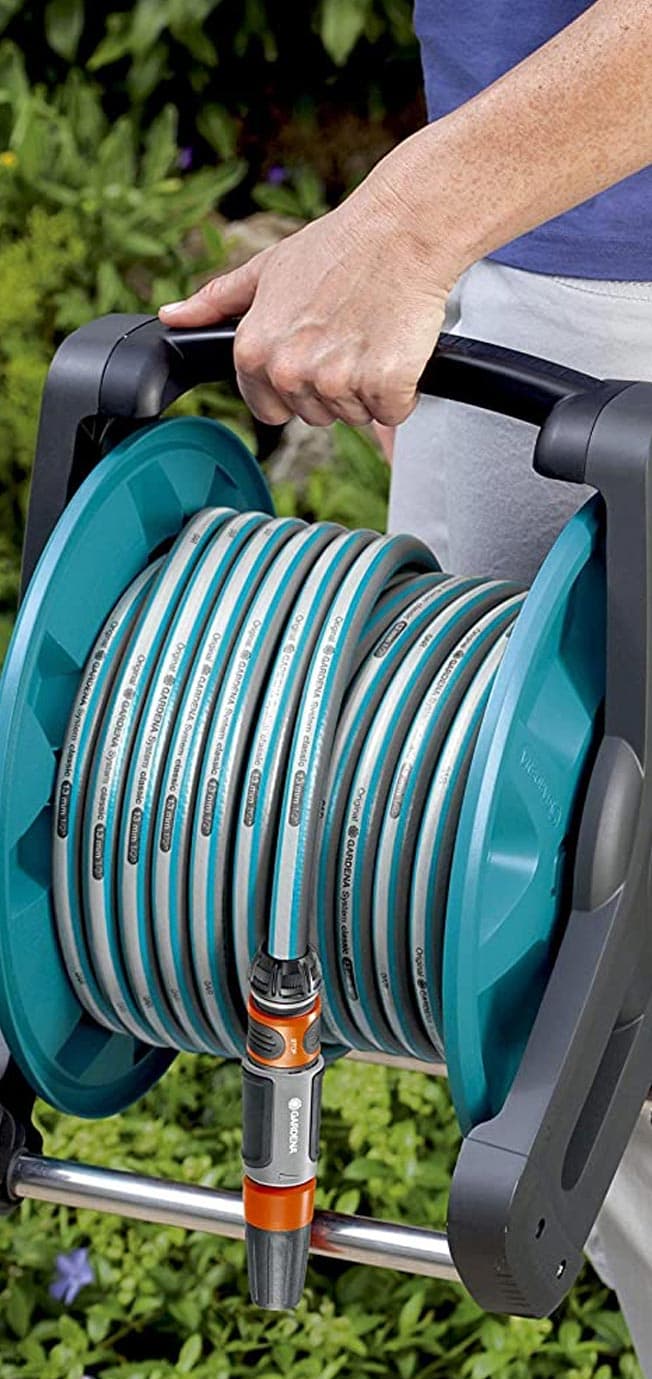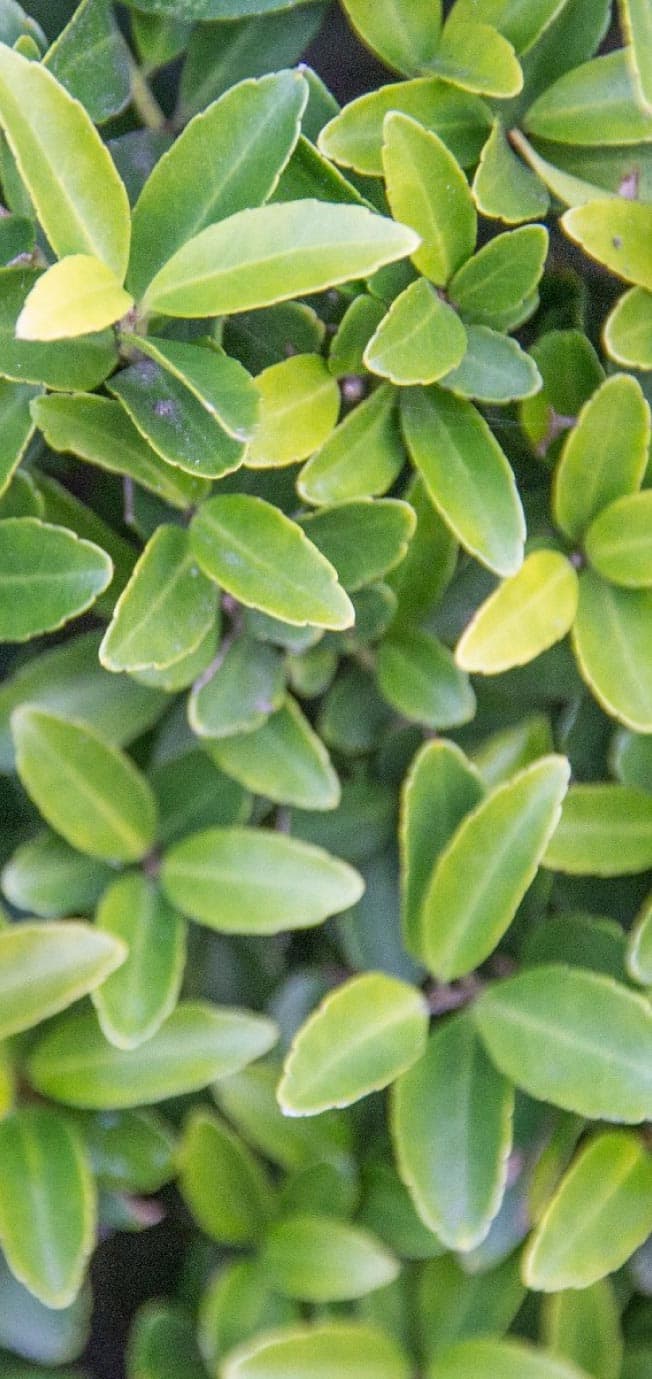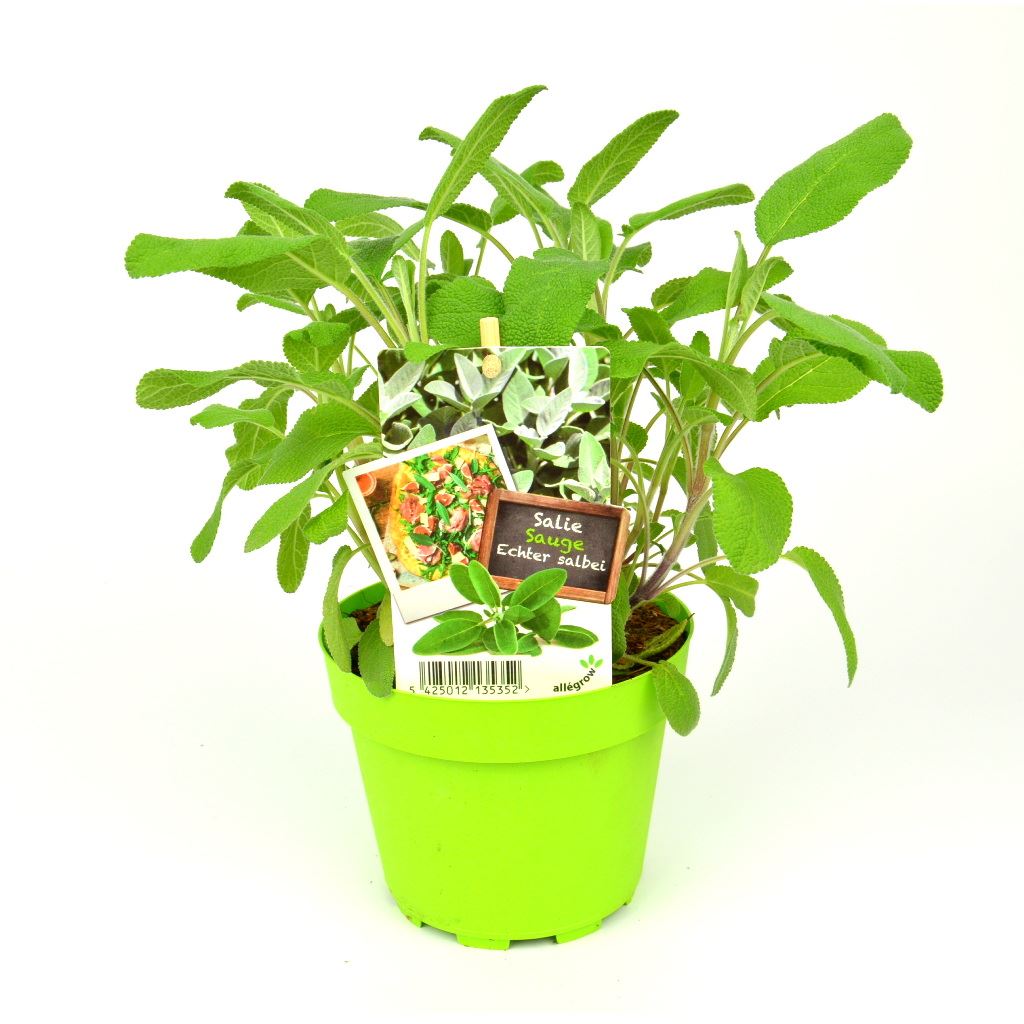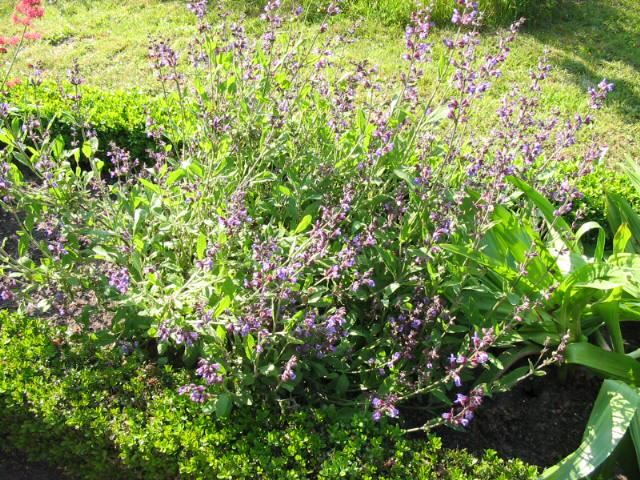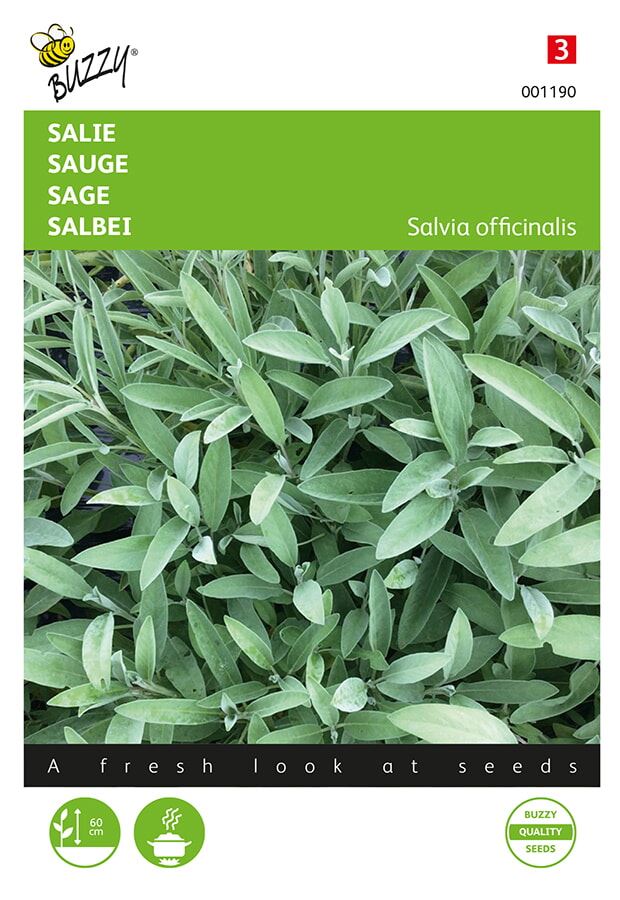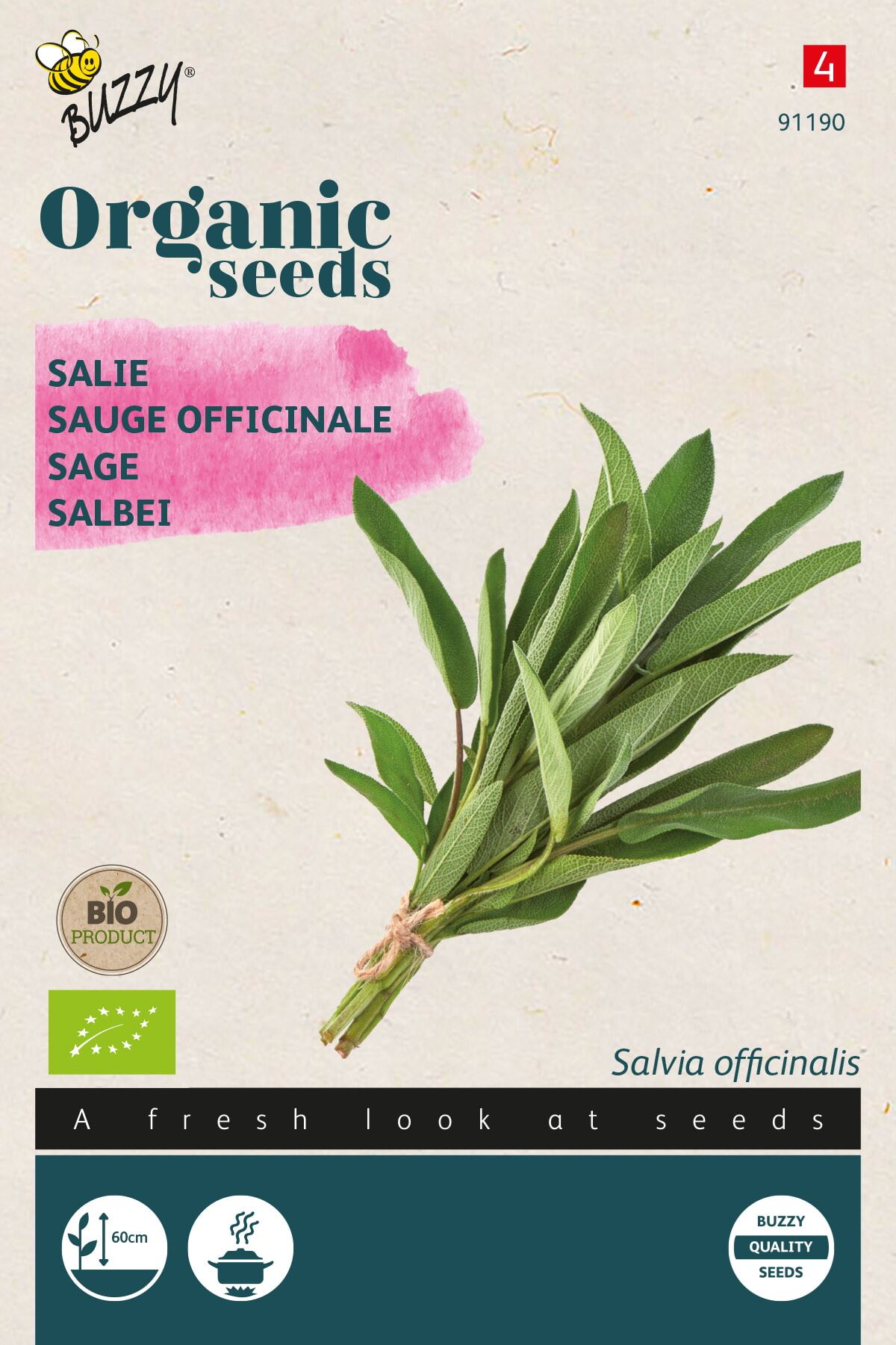Sage, kitchen sage - pot ø13 cm (Salvia officinalis)
Echte salie
Product information "Sage, kitchen sage - pot ø13 cm (Salvia officinalis)"
Sage is native to the countries around the Mediterranean and the Balkans. Today, however, the plant is rarely found in the wild; it is now cultivated everywhere. The name Salvia is derived from the Latin verb salvare, meaning to heal. It is a sturdy, fragrant, semi-shrub that grows 30 to 80 centimeters tall. The plants grow in dense bundles of branched stems. Sage has typical gray, felty, oval leaves, which emit a pleasant spicy fragrance when touched. The plant blooms on old wood, from June to August. The lip-shaped flowers are light purple to blue.
GROWING TIPS:
Sage grows best in a sunny place, in soil that is not too moist, calcareous and well-drained. It can also be easily grown in pots: on the terrace, the windowsill, or even indoors. If you do not have a place in full sun, sage can also tolerate some shade. It is best to prune back after flowering, in order to keep nice full plants. The old stems become woody, after 4-5 years it is best to replace the plants. If the leaves yellow, it is a sign that the roots need more space. Note that the plant can not withstand severe frost, so cover is recommended.
CULINARY:
A few fresh pieces of sage with your dishes promote digestion. The herb is therefore excellent with pork, duck or mutton. This herb also goes well with oily fish, just think of "eel in green", sage certainly belongs there! However, use sage in moderation, the taste is quickly overpowering. Sage is the ingredient of choice in the famous Provencal "Aigo boulida". A soup that is served to facilitate the digestion of whatever will be eaten afterwards. Besides fresh use, sage can also be used in sauces, herb vinegar or herb oil.
MEDICINAL:
Sage has been known for centuries for its medicinal properties. An extract of the leaves can be used as a mouthwash. This has a disinfecting effect and is efficient against ulcers and inflamed gums. Sage is also used in toothpaste to whiten teeth. Lukewarm sage tea, used as a gargle, has a healing effect on sore throats and inflamed tonsils. Also as a nightcap, this tea is ideal. An extract of sage (oil) helps with rheumatic pains and is also blood purifying. Sage can also be used in the household: place dried leaves between linens to repel insects. Recipe for gargling water:- Pour 1 teaspoon of leaves with water 20 minutes let steep- Filter
Product specifications
| Application / use plant: | Tree level/tree wreath, Border planting |
|---|---|
| Average number per m²: | 7 |
| Bloom Month: | June, July, August |
| Bloom color: | Violet |
| Branches / bark: | Unknown - n/a |
| Dutch plant name: | Echte salie, Franse salie, Tuinsalie |
| English plant name: | Common Sage, Garden Sage, Sage |
| Flower color - details: | Violet purple |
| Frost hardiness - details: | Reasonable (a) (-18 till -15°c), usda zone 7a |
| Frost resistance: | Good winter hardiness |
| Fruit: | Unknown - n/a |
| Full grown plant height: | 60-80 cm |
| German plant name: | Apotheker-Salbei, Echter Salbei, Salbei |
| Growth habit : | Rising |
| Growth habit - details: | Wide rising |
| Humidity/Soil: | Dry soil |
| Humidity/Soil - details: | Dry to normal |
| Latin plant family: | Lamiaceae |
| Leaf / Foliage: | Evergreen, Silver-grey |
| Leaf / foliage - details: | Evergreen, greygreen, parfumed on rubbing |
| Location: | Halfshadow, Full sun |
| Location - details: | Preferably full sun |
| Minimum growing height (in cm): | 50 |
| Plant characteristic: | Aromatic, Edible (fruit, leaf, flower), Sea wind proof |
| Plant family: | Lip flower family |
| Planting distance: | 5-8 pieces per m² (35-45 cm apart) |
| Pruning period: | After the first flowering |
| Synonym / Trade name: | Salvia minor |
| Width mature plant: | up to 100 cm |
| Winter foliage: | Leaf-holding |
| maximal growth height (in cm): | 75 |
| type of crop: | Semi-shrub |
| type of soil: | Normal soil, Sand soil |
| type of soil / ground - details: | Well-drained soil |
Pictures of this plant
Reviews
Login

